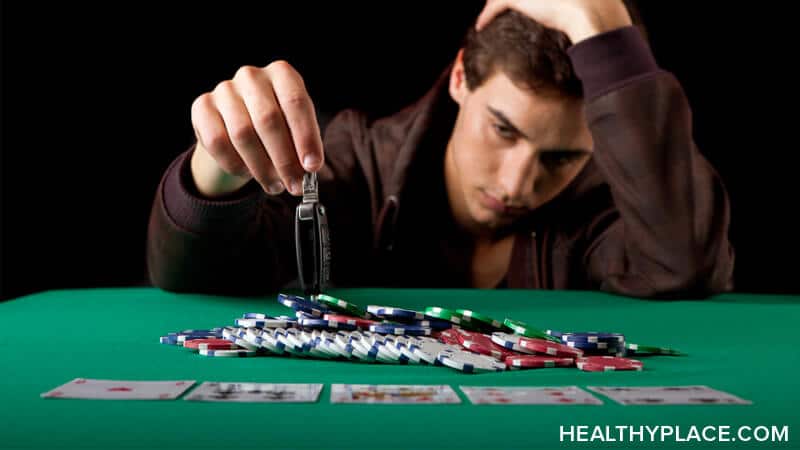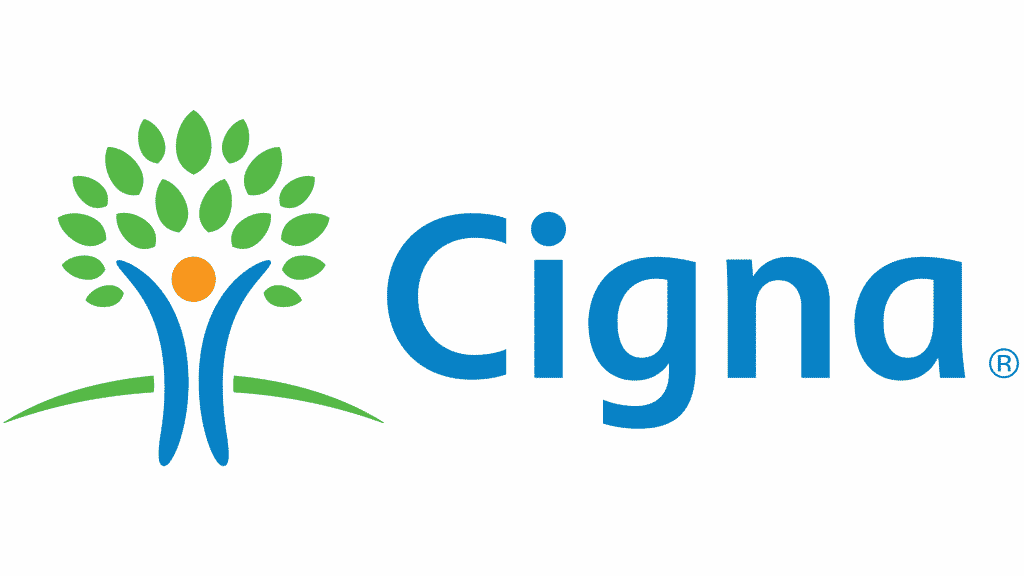Multiple drugs are available for recreational purposes. Each drug has a unique effect on your body and mind. Depending on their impact, doctors classify them into seven major categories. Learning how these drugs can affect you and trigger any mental and physical health conditions is essential to overcome them during recovery.
(If you or your loved ones are going through drug addiction, reach out to our Tennessee drug treatment center for help.)
Read on to know what these drug types are.
Stimulants
Stimulants are drugs that affect your central nervous system, making you believe that your body is speeding up. When you take stimulants, you can feel your alertness level rise, your heart rate pumping, and a rise in your breathing and blood sugar levels. Doctors use stimulants to treat ADHD and narcolepsy.
Common stimulants include:
- Caffeine
- Ecstasy
- Cocaine
- Synthetic Marijuana
- Crystal Meth
Opioids
One of the most addictive substances in nature, opioids are powerful painkillers and give you a sense of euphoria when taken. Opioids are prescribed to patients suffering from chronic and intense pain. However, doctors monitor the dosage carefully as they are highly habit-forming and can have a physical dependence.
Common opioids include:
- Heroine
- Morphine
- Opium
- Vicodin
- Codeine
- Oxycontin
- Fentanyl
Depressants
Like stimulants, depressants also affect your central nervous system but have the opposite impact. Instead of speeding up your body, it slows it down. That’s why they are also known as downers. Doctors prescribe depressants for various mental health problems, including insomnia, anxiety, and OCD.
Common depressants include:
- Alcohol
- Xanax
- Valium
- Rohypnol
- Benzodiazepines
Hallucinogens
As the name suggests, these drugs affect your perception of reality when consumed. They stimulate your brain activity to affect your mood, sensory feelings, and muscles. Hallucinogens are not used to treat any diseases and are consumed by people for recreational purposes.
Common hallucinogens include:
- LSD
- Psilocybin
- Peyote
Dissociatives
They also affect your perception of reality but in a different way. They make you feel like you are having an out-of-body experience and watching yourself from outside your body. People are more prone to do risky things under dissociative drugs.
Common dissociatives include:
- PCP
- Ketamine
- DXM
Inhalants
Inhalants are found in gaseous forms in household items and create a sense of euphoria for a short time when you inhale them. People’s stimulation level varies according to the inhalant they are using.
Common inhalants include:
- Fumes of markers, paint, paint thinner, gasoline, and glue
- Nitrous oxide
- Room deodorizers
- Aerosol sprays
Cannabis
More commonly known as marijuana, they act like hallucinogens but also have the effects of depressants. Nowadays, they are used in experimental medicine to treat various diseases.
Common cannabis includes:
- Marijuana leaves
- Hash oil
- Hashish
- Cannabis-based medicines
About Magnolia Ranch Recovery Addiction Treatment Center
Treating substance abuse is essential to save yourself from the damaging effects of illegal drugs and alcohol addiction. At Magnolia Ranch Recovery, we offer premium addiction treatment services to our clients and assist them with drug rehabilitation and treatment for co-occurring disorders. Our team of trained therapists aims to provide supportive and compassionate care to those suffering from drug abuse. Our clients choose us for our personalized inpatient programs, drug recovery programs, residential treatment, and individually designed treatment options. For more information about us, contact 888-992-7955 or write to info@magnoliaranchrecovery.com. You can also fill out our contact form to get a call back from us.


















